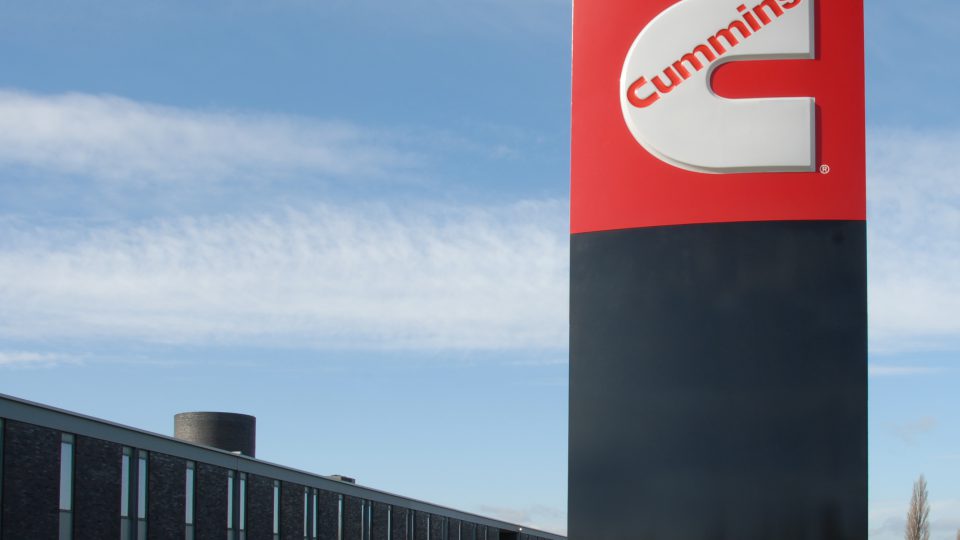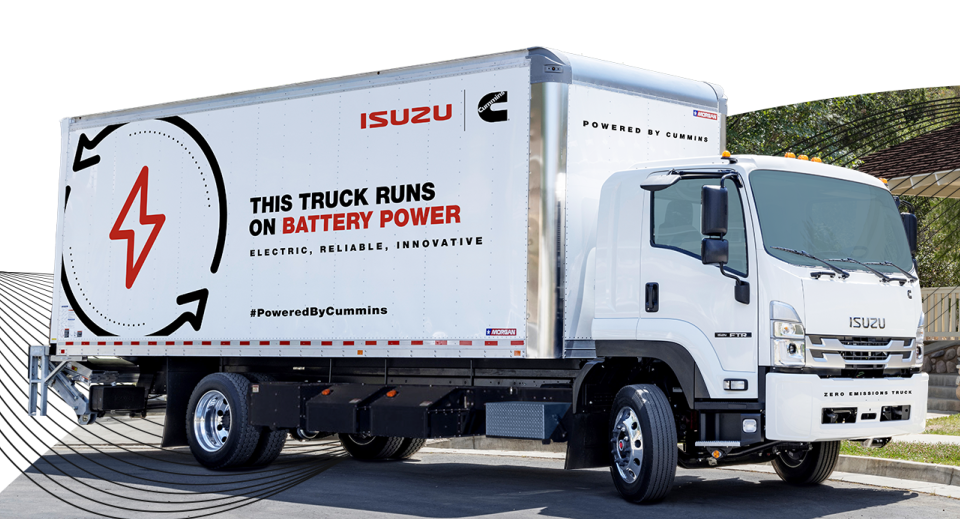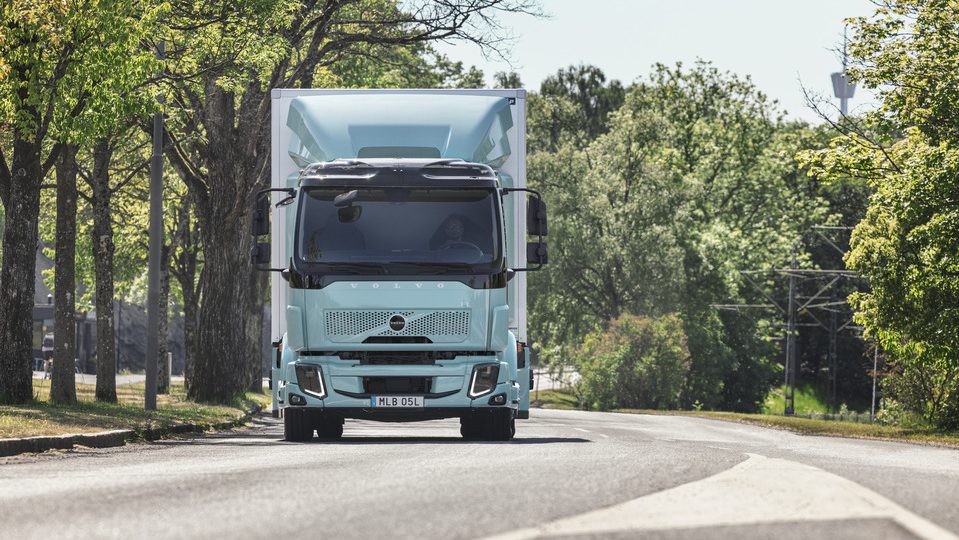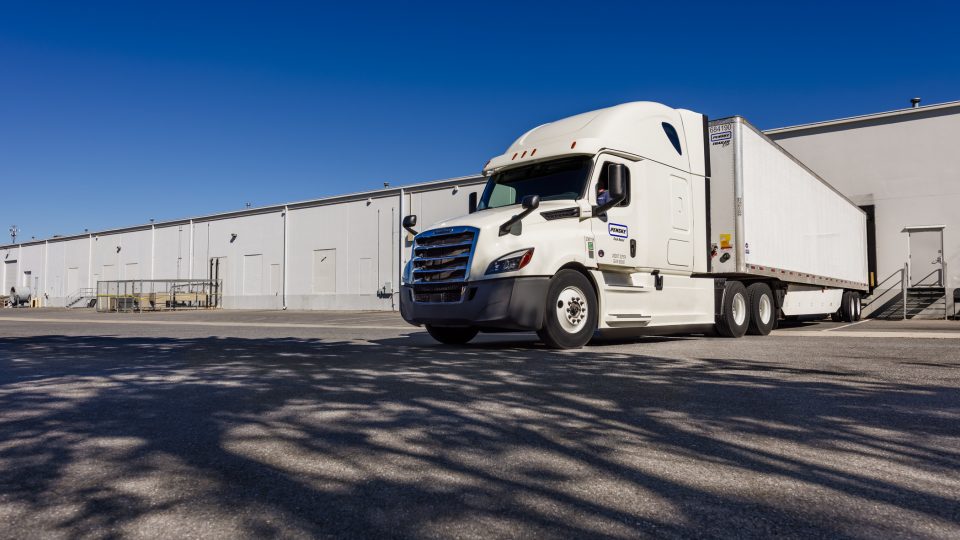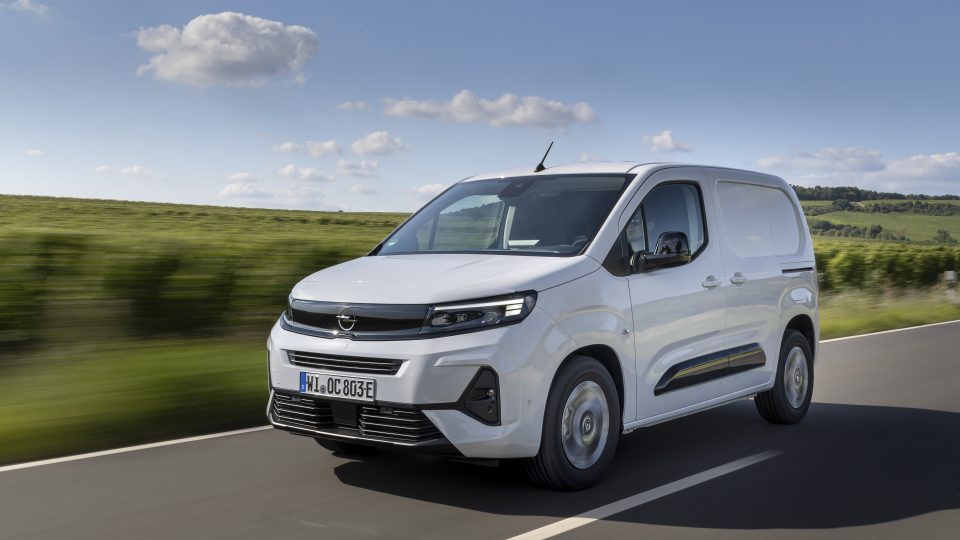Cummins announces fuel-agnostic engine platform suitable for low-carbon fuels
These new fuel-agnostic engine platforms will feature a series of engine versions that are derived from a common base engine, which means they have a high degree of parts commonality. Below the head gasket of each engine will largely have similar components and above the head gasket will have different components for different fuel types.

Cummins has announced the development and launch of fuel-agnostic powertrain engine platform capable to work with several low-carbon fuels, including hydrogen. As the industry’s first unified, fuel-agnostic engines, these platforms will use engine blocks and core components that share common architectures and will be optimized for different low-carbon fuel types. In the last days, the Columbus-based player announced that it’s going to take over axles’ provider Meritor.
Cummins: the meaning of a fuel-agnostic solutions
Cummins has recently announced some significant partnerships focused on hydrogen development. The one with Air Products is addressed to the development of fuel cell trucks, while the one signed with Chevron intends to invest in search of business opportunities in hydrogen or other green energy sources. The company is focusing deeply on the hydrogen economy, as proven by this article written by Vice President Srikanth Padmanabhan.
Potrebbe interessarti
Cummins shares 2021 financial results. Revenues up by 21 percent compared to 2020
Technically speaking, these new fuel-agnostic engine platforms will feature a series of engine versions that are derived from a common base engine, which means they have a high degree of parts commonality, Cummins points out. Below the head gasket of each engine will largely have similar components and above the head gasket will have different components for different fuel types. Each engine version will operate using a different, single fuel. This new design approach will be applied across the company’s B, L and X-Series engine portfolios – initially in on-road applications – which will be available for diesel, natural gas and hydrogen.
These new products are an important element of Cummins’ strategy to go further, faster to reduce the greenhouse gas (GHG) and air quality impacts of its products and reach net-zero emissions by 2050 in a way that serves all stakeholders in a sustainable way for Cummins’ business.
«Getting to zero is not a light-switch event», said Cummins’ Vice President
Two of the company’s environmental sustainability goals for 2030 goals include reducing scope 3 absolute lifetime greenhouse gas (GHG) emissions from newly sold products by 25% and partnering with customers to reduce scope 3 GHG emissions from products in the field by 55 million metric tons, the group says.
Potrebbe interessarti
Isuzu and Cummins to jointly develop battery electric truck in North America
«Getting to zero is not a light-switch event. Carbon emissions that we put into the atmosphere today will have a lasting impact. This means anything we can do to start reducing the carbon footprint today is a win for the planet. We need to take action now», said Srikanth Padmanabhan. «Having a variety of lower carbon options is particularly important considering the variation in duty cycles and operating environments across the many markets we serve. There is no single solution or “magic bullet” that will work for all application types or all end users».
«Cummins is innovating at every level of the company to find new ways of working that use fewer of the world’s resources and the Engine Business is at the center of this exciting innovation. We know that our planet cannot wait for the perfect solution to happen. Instead, our approach must be a combined effort of using zero emissions power where it’s available and using cleaner power where it is not. The planet cannot afford for us to hit pause in the meantime».




